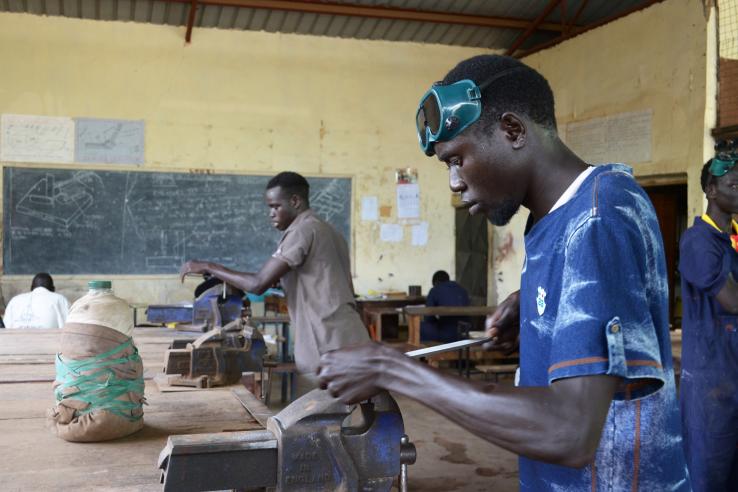Displaying 6796 - 6810 of 8491
Policy Publication
File: Policy publication
J-PAL’s Evidence Review “Reducing and Preventing Homelessness: Lessons from Randomized Evaluations” highlights key research findings on policies to help people access and maintain stable, affordable housing and identifies research questions that remain to be answered. The publication synthesizes...
Policy Publication
File: Policy publication
Research shows that providing housing without preconditions to people experiencing homelessness, also known as Housing First, keeps them stably housed and reduces future returns to homelessness.
Person
Andrew Dillon is a Clinical Associate Professor at the Kellogg School of Management and a Research Associate Professor at the Global Poverty Research Lab at Northwestern University where he is the Director of the Research Methods Cluster.
Person
Person
Person
Louise Geraghty is the Government Partnerships Lead at J-PAL North America, where she develops and oversees strategy around connecting researchers in the J-PAL network with state and local governments.
Initiative
J-PAL’s Jobs and Opportunity Initiative (JOI) supports randomized evaluations to find effective strategies for improving employment outcomes in low- and middle-income countries, and translates evidence into actionable insights.


